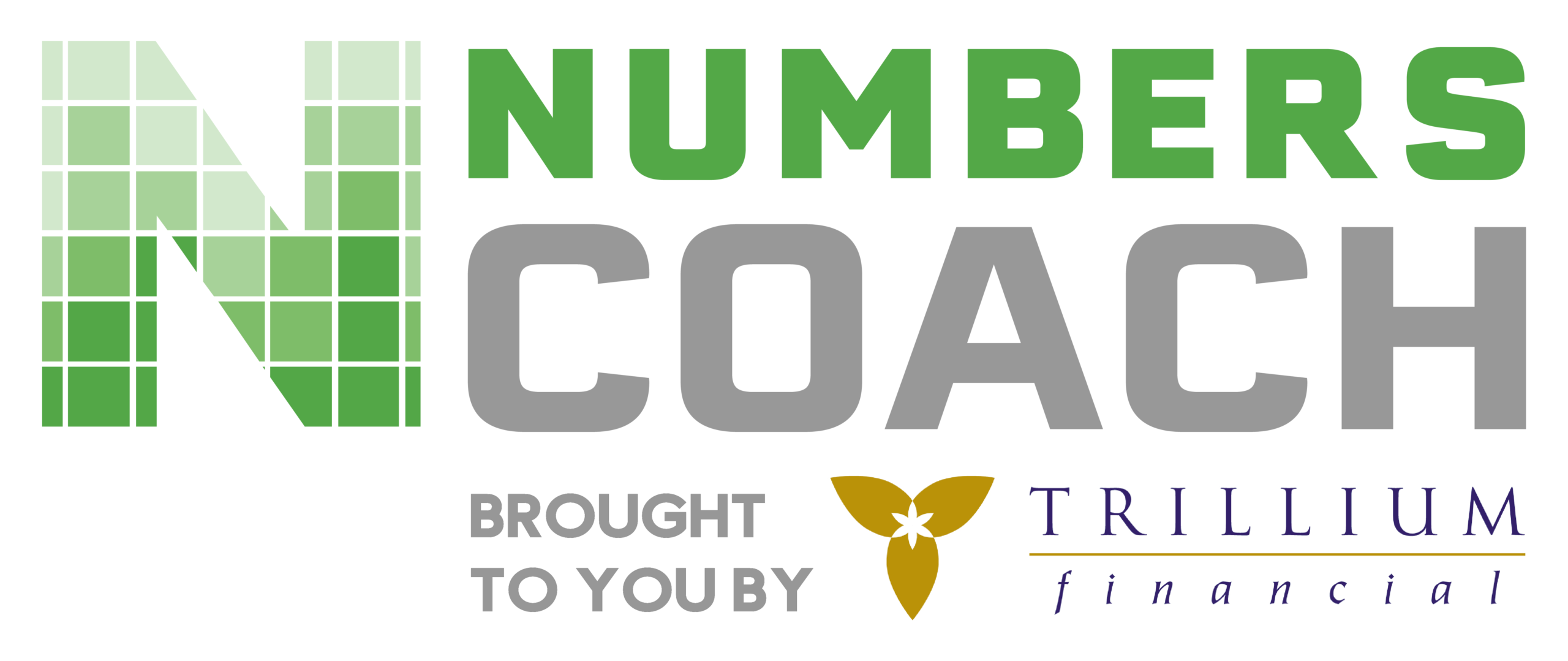The average adult makes about 35,000 decisions a day. Sounds like a lot, doesn’t it?
According to Psychology Today it’s not. And if you think about it, it makes sense: people make many decisions without thinking of them as decisions. (Which pen do I take out of the pen holder? Do I have time to review the report before the meeting?) With all of these opportunities to change the course of our day, our career, our life, it’s a good idea to explore ways to improve decision-making.
The results of a study published in the journal Cognition indicate that not all times of day are created equal when it comes to making decisions. The study tracked 184 chess players who made about 40 “complex human thinking decisions” during a 3- to 15-minute chess game. The results are interesting.
To summarize, study subjects made the decisions most favorable to their game when they were playing between the hours of 8 a.m. and 1 p.m. After 1 p.m., players made decisions more quickly (presumably they were in a post-lunch slump or tiring as the day was progressing), and their decisions were less favorable to their game.
Bottom line: make important decisions in the morning. Sort of. When you sleep and when you get up matters too. If you are a morning person—you know, the early to bed, early to rise type—then your best decision-making time is the morning. But if you’re a night person, then your “morning” is during the five hours after you rise for the day. So, relax: if you don’t get out of bed until 9 or 10 a.m. , then you haven’t missed your prime decision-making hours.
A lifehacker.com article by Adam Dachis also supports the morning person/night owl concept, recommending that people identify when they’re most able to make good decisions and then resolve to make important decisions during that span only. Creativity coach Mark McGuinness advises people not to worry too much about little decisions, because they generally don’t have a long-term impact on your life. For example, what clothes you wear on a particular day or what you eat for dinner doesn’t change the direction of your life. (Although, should you wear neon orange cowboy boots with your suit and purple fedora to the office, the boss may question your judgment.)
McGuinness also recommends weighing the pros and cons before making big decisions. And don’t ignore your gut. He says it’s best to take more time (if possible) to land on a decision when your logical side disagrees with your instincts. In other words, intuition matters.
Should you follow this advice? Determine the best time, and then think it over. It’s your decision.
